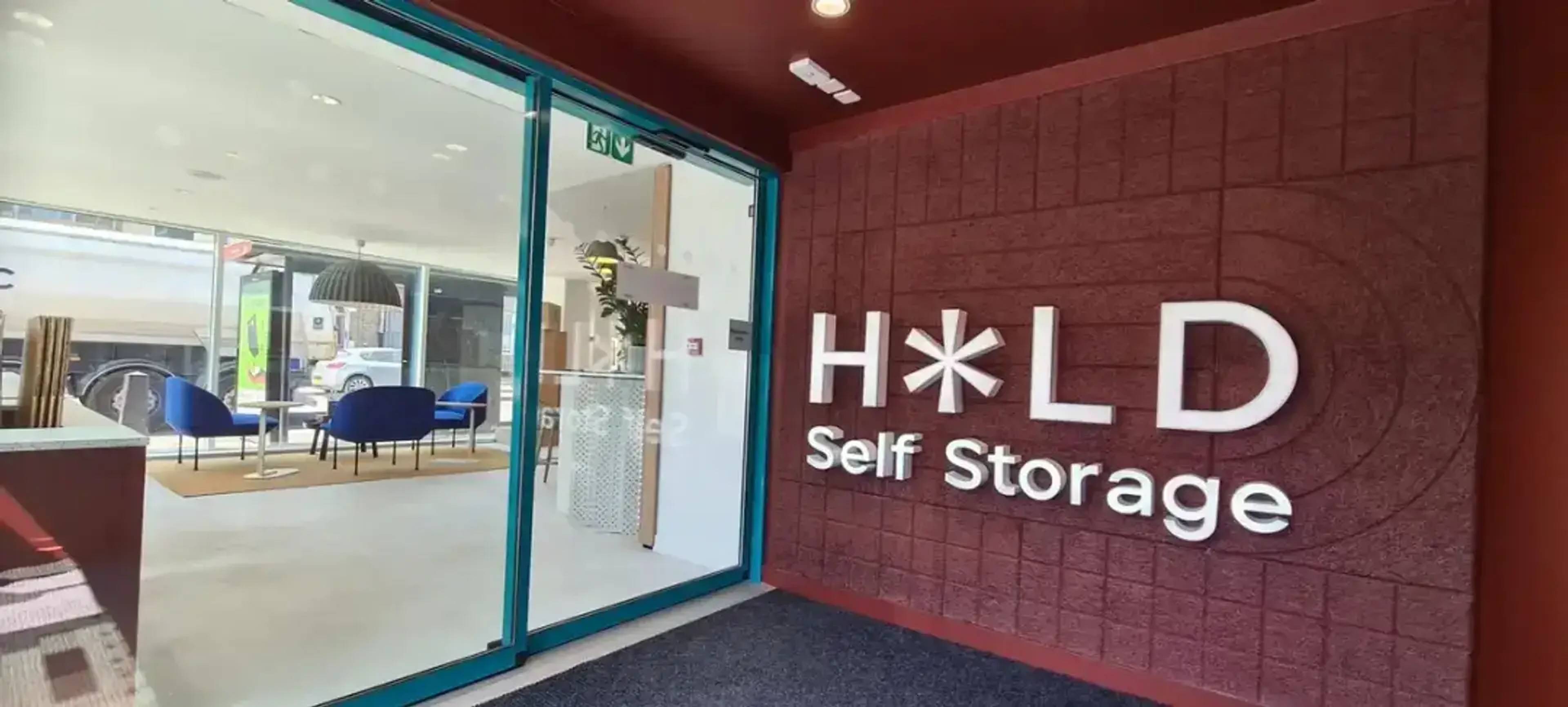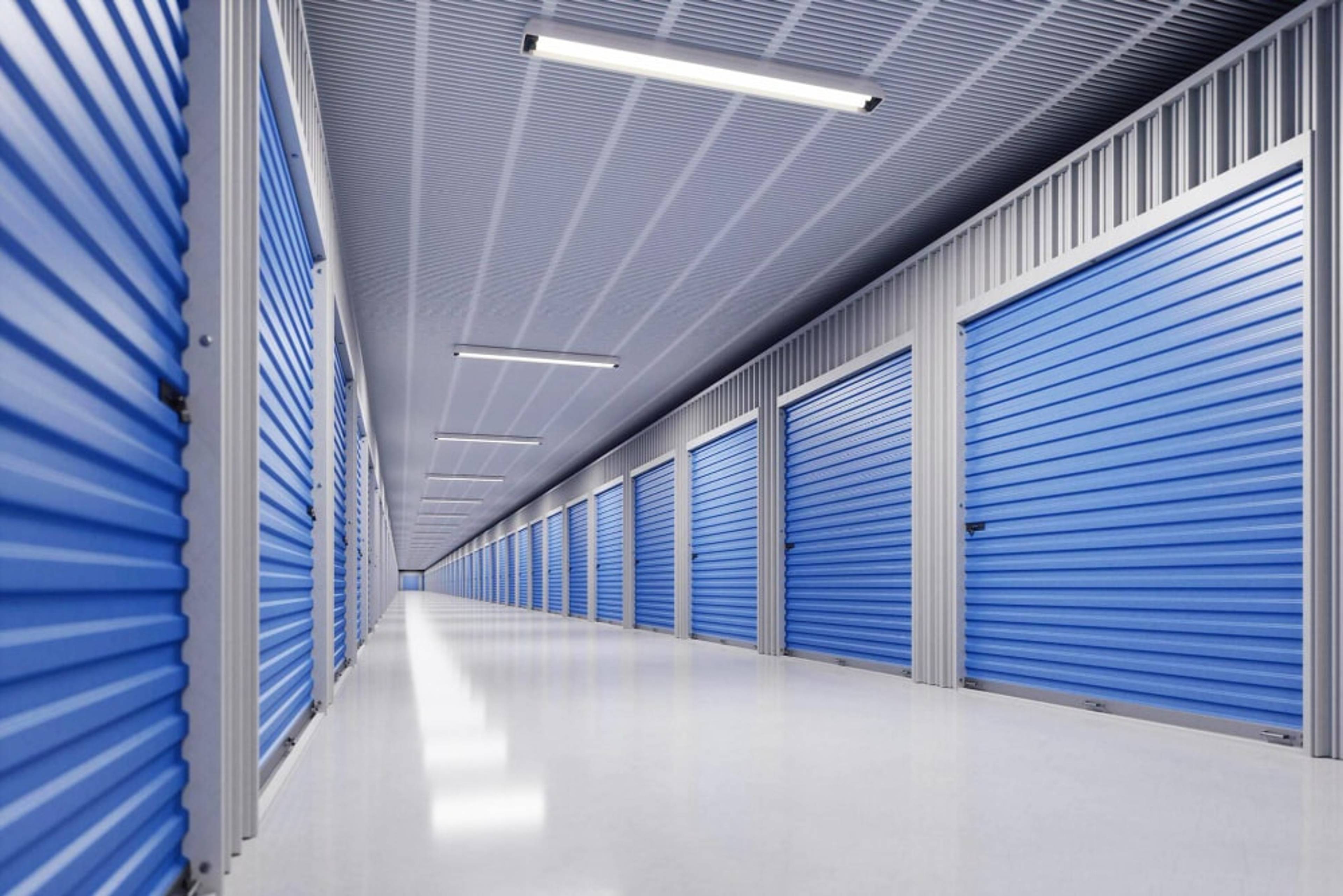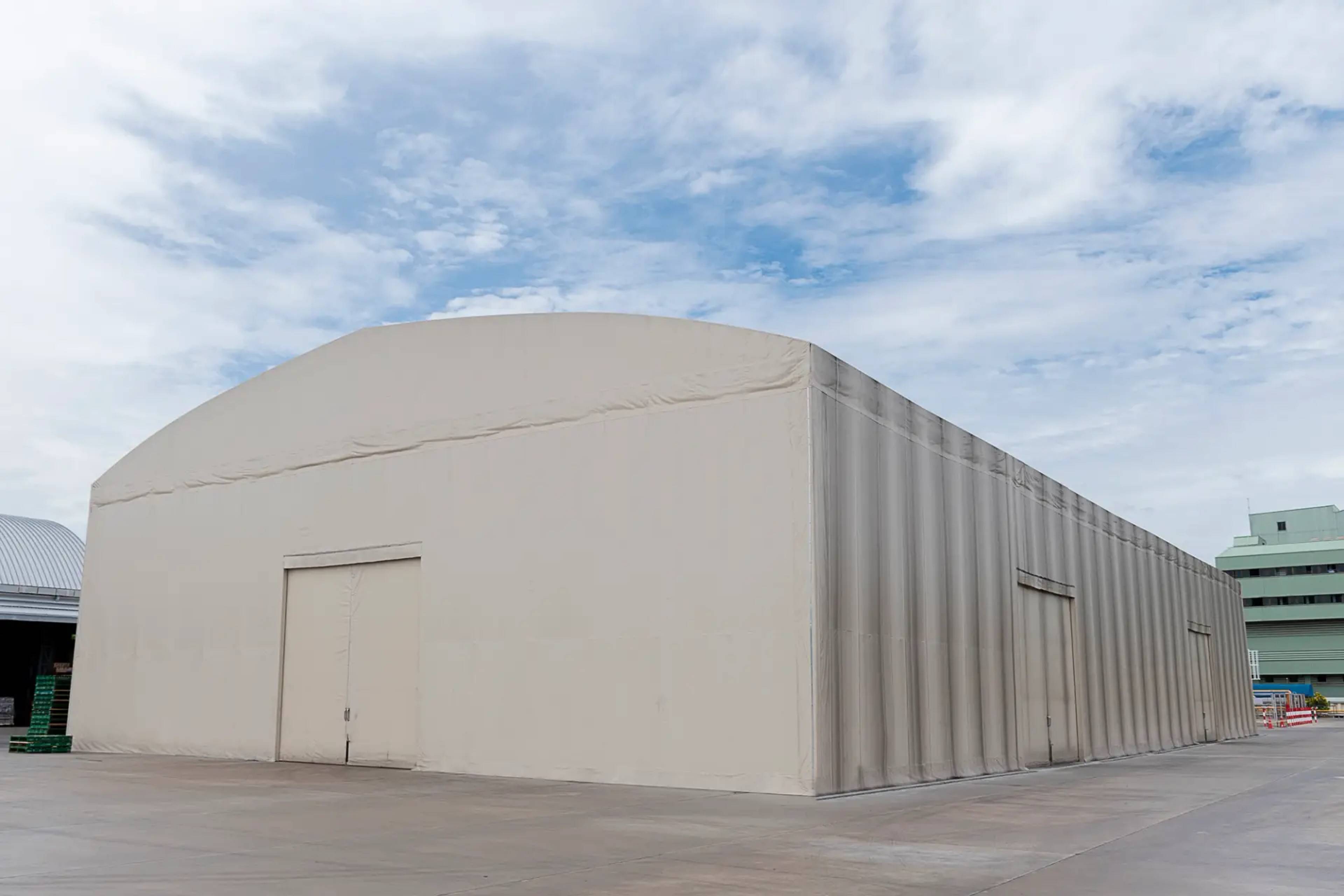Key takeaways
Self-storage demand is diverse, creating stable occupancy and resilient returns for investors.
Start with market research: brokers, NOI, cash flow, competition, and development plans.
Prioritise practical location, then broaden search to uncover underserved markets.
Complete due diligence: property condition, financing, legal compliance, contracts, insurance, zoning.
HOLD’s climate secure storage offers 24-hour access (on request), premium business solutions. Get a price match for London storage & 50% off.
Why invest in a storage facility?
Good question. Being a storage facility ourselves, we feel confident to take a crack at answering it.
Investing in a storage facility taps into a unique sector of the real estate market, known for reliable returns even in challenging economic times.
The self-storage industry caters to a wide range of needs, including:
Individuals seeking temporary space during transitions.
Businesses in need of inventory storage.
People looking for additional personal space.
This diversity in clientele contributes to stable demand for self-storage, making it an attractive option for investors. Understanding your motivations for entering this market is crucial to:
Tailoring your approach to meet specific goals.
Ensuring your investment aligns with your expectations for growth and profitability.

In the following sections, we'll go over how to buy storage units, the benefits of buying storage units, the types you can get, and legal considerations. Whether you are after small or large storage units, they can be a worthwhile investment.
Starting your journey
Thinking of buying a storage unit or self-storage facility? You're taking your first step toward capitalising on the burgeoning self-storage market. But first, you need to get your ducks in a row.
Research is key

Knowing where to buy storage units is a good first step. Sometimes you could find an abandoned storage unit being auctioned off, but if the unit is part of a facility, you'll likely only be able to rent it.
Don't be shy - dive into the self-storage market. Talk to brokers, property appraisers, and current storage unit owners. Understand the net operating income for potential purchases and conduct a cash flow analysis.
Expand your search
Location is also key. Buying a storage unit halfway across the country will be difficult to keep an eye on. Having a facility close by means you can more easily check in to make sure operations are running smoothly.
However, the wider your search, the more opportunities you can have. Don't limit your search to just nearby locations. Broadening your horizon can unveil more opportunities, potentially in markets where demand outpaces supply.
Consider market viability

Ensure the market you're considering has long-term growth potential. Is there already a local storage provider? If so, you will have some competition.
Assess the competition, local development plans, and how your storage facility fits into the broader market dynamics.
Do your due diligence
Before making an offer, examine the property's financial health, inspect the physical condition, and consider future development potential. Collect detailed business information, including financial statements and rental rates, and inspect the property for any potential issues.
Financing your purchase – Look at UK options like commercial mortgages, specialist lenders, or bridging finance (if you need speed). Speak to a broker early so you know what you can borrow before you offer.
Making an offer – This is where your research and preparation pay off. Make your offer stand out by highlighting your strengths as a buyer, demonstrating commitment, and working closely with your broker to navigate the competitive landscape.
Closing the deal – Once your offer is accepted, there's still work to do. Finalise legal and financial details, complete any remaining inspections and prepare for ownership.
Get to know the costs
Storage prices vary a lot by area, unit type, and demand. Small units can be under £100 a month in some areas, while larger units can run into several hundred. London is usually pricier, so don’t under-budget if you’re buying there. For a proper view, compare local competitors and model pricing against your occupancy plan.
Check out our article for a more detailed insight into monthly storage costs in the UK.
Legal considerations

When buying a self-storage facility in the UK, it's crucial to be mindful of several legal considerations to ensure compliance and protect your investment. These considerations span various aspects, from facility operations to customer contracts and insurance requirements.
Facility requirements
Your storage facility must meet specific standards to operate legally. This Your facility needs to be safe, secure, and compliant. CCTV can help, but it’s not automatically a legal requirement everywhere. If you do use CCTV, make sure you follow UK data protection rules and use clear signage.
Contracts and legal guidelines

Your customer agreement needs to be clear and legally sound. Many UK operators use the SSA UK standard agreement (or something very similar), but it isn’t the only option. Whatever you use, have it checked by a solicitor who understands self-storage.
Insurance requirements
Insurance is essential, but it’s usually a commercial policy choice and a contract term, not a blanket legal rule. Most operators insure the building and require customers to insure their goods (either their own policy or one you offer). Make sure your contract explains what’s covered, what isn’t, and who’s responsible.
For a more detailed insight, explore our guide to self storage insurance.
Lien rights and auctions
If someone stops paying, you need a clear UK process in your agreement. In practice, that means formal notices and a fair sale/disposal process, rather than relying on a US-style “lien” approach. Get legal advice so your default and sale steps are enforceable and workable.
Zoning laws
Proper zoning is essential for your self-storage facility, and navigating these laws can be complex. Zoning laws determine the permissible uses for your land and may require your facility to meet certain conditions to mitigate impacts on the community or environment. Understanding and complying with these laws is crucial for the legal operation of your facility.
It's vital to stay informed about these and other legal aspects as you move forward with purchasing a self-storage facility.
Consulting with legal and real estate professionals who specialise in self-storage can provide valuable insights and help you navigate the legal landscape effectively.
Types of storage solutions

Self-storage facilities offer various types of storage units, catering to the diverse needs of their clients. HOLD is one such provider. Whether you're looking for a small self-storage while you move home or need a large unit for business inventory, we have a solution.
Moreover, the rise in online storage auctions has opened up new avenues for finding storage units at competitive prices. From abandoned storage units to storage facilities looking to clear space, there's something for everyone.
Getting into the self-storage business
For those considering the self-storage business as an investment, understanding the nuances of the self-storage industry is crucial.
This includes familiarising oneself with the operational aspects of running a self-storage facility, such as managing storage auctions and ensuring the security of the storage units.
Additionally, the self-storage sector's performance during economic fluctuations highlights its resilience and potential for steady returns.
Finding a storage unit auction

Online and in-person storage auctions have gained popularity as a way to purchase storage units filled with items left behind by previous renters. Upcoming storage unit auctions are often advertised by storage facilities, offering potential buyers the chance to bid on units.
A storage auction can be an exciting way to discover valuable items or acquire additional storage space for personal or business use. Check out this article for more info on storage unit auctions.
How to choose the right storage facility

When selecting a self-storage facility, it's important to consider factors such as location, security measures, size, and the variety of self-storage units available.
A well-maintained self-storage facility not only ensures the safety of stored items but can also provide peace of mind for renters.
If you're looking to invest in the self-storage sector, choose a facility that aligns with your business goals. Getting to grips with the market demand is key to success.
By focusing on these aspects, you gain a comprehensive understanding of the self-storage market; from the basics of self-storage facilities and units to the intricacies of the self-storage business and auctions.
Whether you're looking to rent a storage unit or invest in the industry, being well-informed will help you make confident decisions in the ever-expanding world of self-storage.
Final thoughts
Buying a storage unit is a significant decision that requires careful thought and planning. More than just finding a place to store items, buying a storage unit is a strategic investment.
By doing your research, understanding the market, and working with professionals, you can make a decision that meets your objectives and provides value for years to come.
For those interested in delving deeper into the self-storage market or seeking specific advice on purchasing a storage unit, feel free to reach out to our storage experts.
Need storage space? HOLD has you covered

Looking for affordable storage in a convenient location? HOLD has got you covered! Based in London at King's Cross, HOLD is a storage provider with a twist.
Created with a smart, more deserving customer base in mind, we built HOLD to cater to all storage needs. From households to businesses, we put your needs first.


